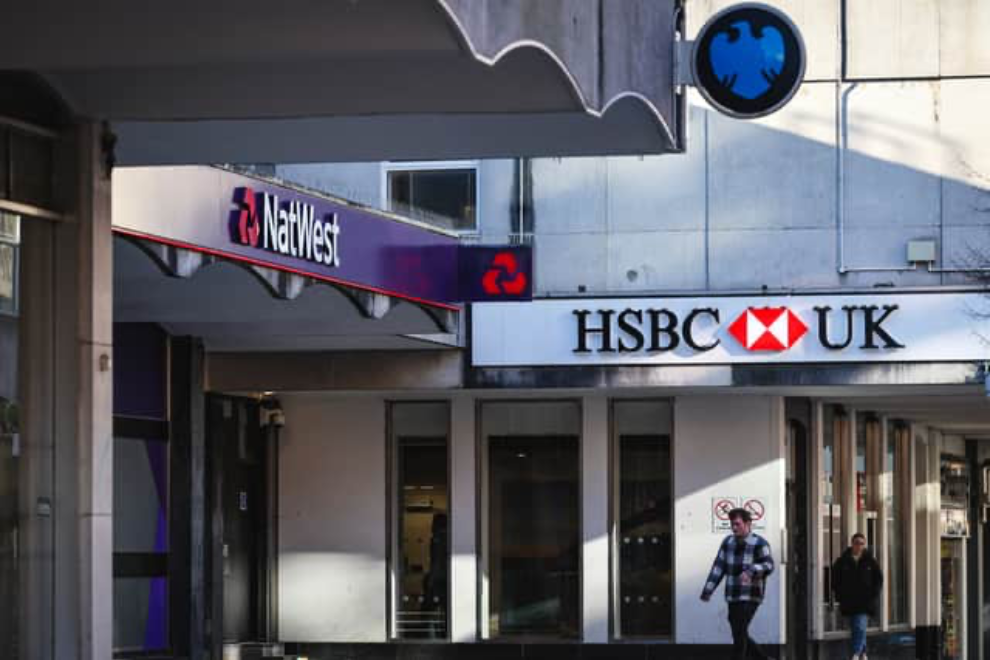NatWest Group, one of the UK’s largest banks, has announced plans to close 53 more branches, adding to the growing tally of closures since January 2015. This brings the total number of NatWest Group closures to 1,431, including 48 closures in 2022 and 20 in 2023.
The list of branches closing includes:
– Accrington: June 5
– Alfreton: June 2
– Beverley: June 25
– Bishop Auckland: April 29
– Blackburn, Audley, Copy Nook: May 12
– Bridlington: June 11
– Cannock: May 12
– Cleveleys: April 28
– Derby, Allenton: May 13
– Dewsbury: April 28
– Ellesmere Port: June 4
– Failsworth, Hollinwood, Oldham Road: May 7
– Farnworth: May 15
– Garstang: June 26
– Goole: May 14
– Keighley: June 16
– Leeds, Chapel Allerton, Harrogate Road: April 30
– Leeds, Cross Gates: June 10
– Leek: June 16
Leyland, Golden Hill, and Chapel Brow will be closed on May 15. Liverpool, Walton Vale, and Long Eaton will close on May 14. Louth will close on May 28, Manchester will close on June 11, Mansfield will close on June 26, Market Drayton’s closure date is still pending, Mexborough will close on June 3, Middleton will close on April 30, Morley will close on May 8, Nantwich will close on June 19, Newark-on-Trent will close on June 17, Newcastle upon Tyne, West Denton will close on May 1, Nottingham, Sherwood, and Hucknall Road will close on May 21, Nottingham, West Bridgford will close on June 24, Rawtenstall will close on May 29, Rochdale will close on June 10, Salford, Trafford Park, and Third Avenue will close on May 20, Sheffield, Ecclesall Road will close on May 7, St Annes On Sea will close on June 24, Stafford will close on June 25, Stockport, Hazel Grove and Heaton Moor will close on June 19, Stockton-on-Tees will close on June 4, Stoke-on-Trent, Longton will close on June 5, Urmston will close on May 13, Uttoxeter will close on June 2, Wallasey will close on May 21, Washington will close on June 17, Widnes will close on May 8, Willerby will close on April 29, Wilmslow will close on May 20, Windermere will close on May 1, and Worksop will close on June 18.
The bank stated that this decision is part of a broader strategy to prioritize digital banking services. However, many individuals, including older or disabled customers and small business owners, rely on local branches. Rural areas, in particular, often face challenges with poor broadband or mobile signal, making online banking difficult to access.
The Financial Conduct Authority (FCA) requires banks and building societies to ensure that communities still have access to cash and basic banking services when branches close. This may involve installing ATMs or creating banking hubs in Post Offices where basic banking services can be accessed.

















